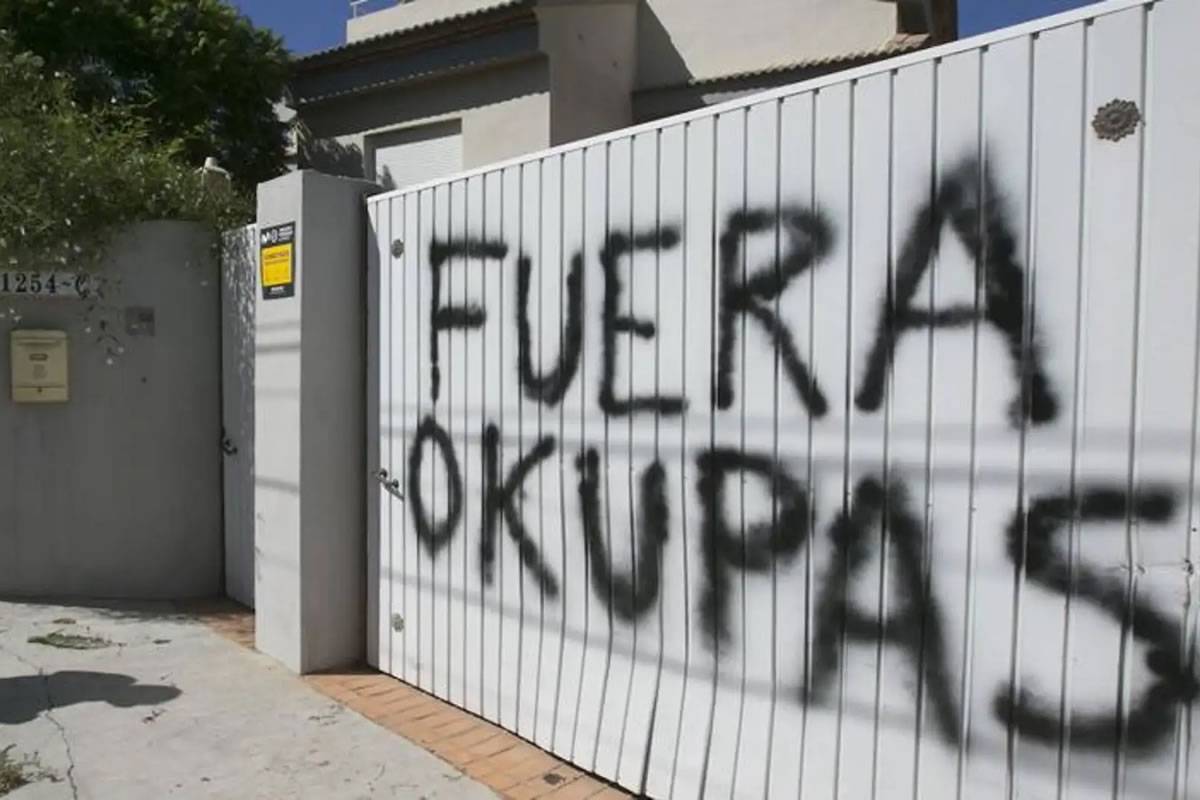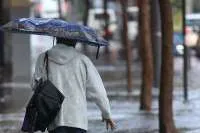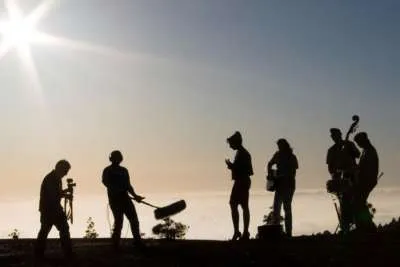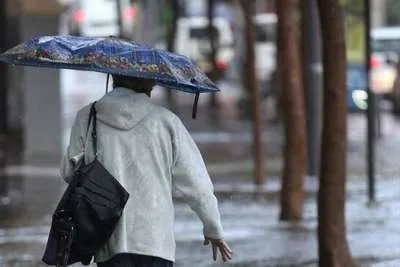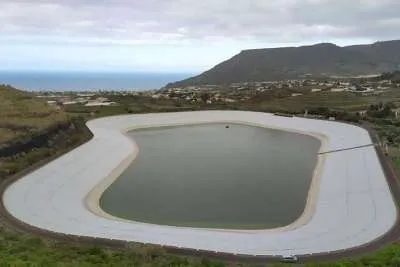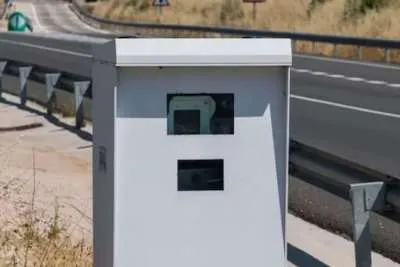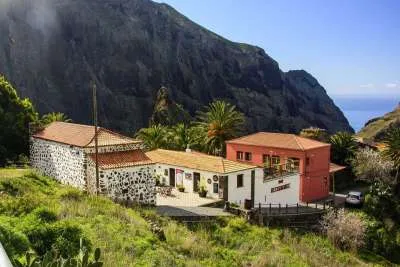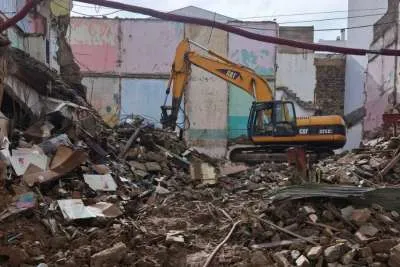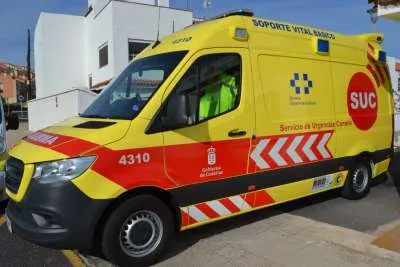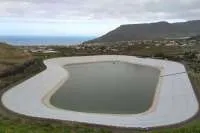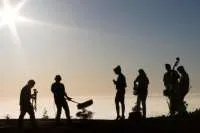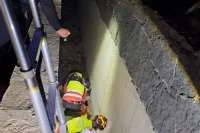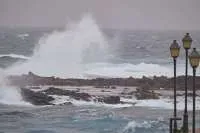Squatting is becoming a major social issue in the Canary Islands
- 22-10-2024
- National
- Canarian Weekly
- Photo Credit: Europa Press
The issue of illegal occupation or squatting, known as "okupación" in Spanish, continues to be a major concern across Spain. According to the “Platform for Victims of Squatting”, 95% of Spain's residential rental market is controlled by small-scale landlords, contradicting the common belief that large real estate holders dominate the market. These small landlords are increasingly calling for greater security and legal protection in housing laws.
Ricardo Bravo, spokesperson for the Platform, highlighted the rise of a new form of occupation known as "inqui-okupación," which has been steadily growing since 2020.
This phenomenon occurs when tenants stop paying rent and refuse to leave, effectively becoming squatters, claiming they are in a “vulnerable” situation.
Bravo explained, "We measure occupation based on how it affects us directly, whether it's through trespassing, usurpation, or the growing issue of 'inqui-okupación.'"
He also pointed out that many people are forced to live alongside squatter mafias, which are particularly prevalent in urban areas across Spain, including the Canary Islands.
The Platform emphasises that the majority of the time, those affected are not wealthy property owners but rather middle-class individuals who own one or two properties, often inherited or located in rural areas, which then become occupied.
Bravo is clear on the solution: changes to housing laws and increased financial support for local authorities. “The solution lies in repealing the current housing decree and providing local administrations with the resources they need to support vulnerable families.”
The housing crisis is affecting all of Spain, but it is particularly acute in areas of Tenerife, Lanzarote, and Fuerteventura. A lack of new social housing, construction of affordable residential housing, coupled with a growing population and tourism boom, has strained the housing market to its breaking point, creating a complex and urgent issue for small landlords and renters alike.


